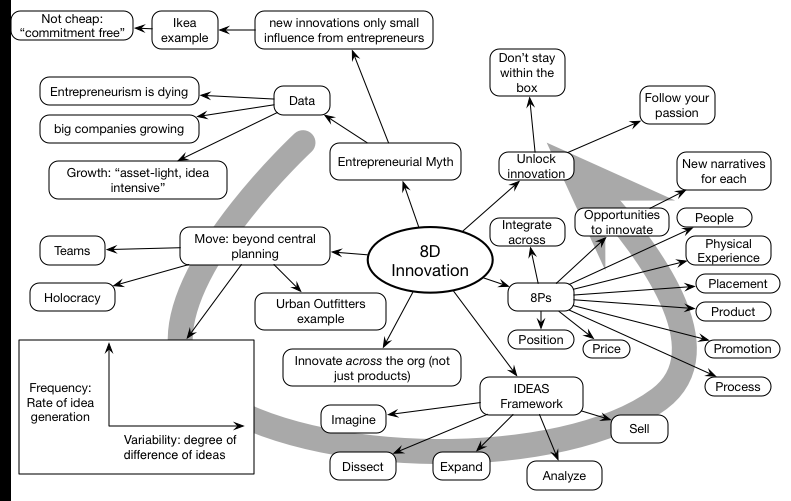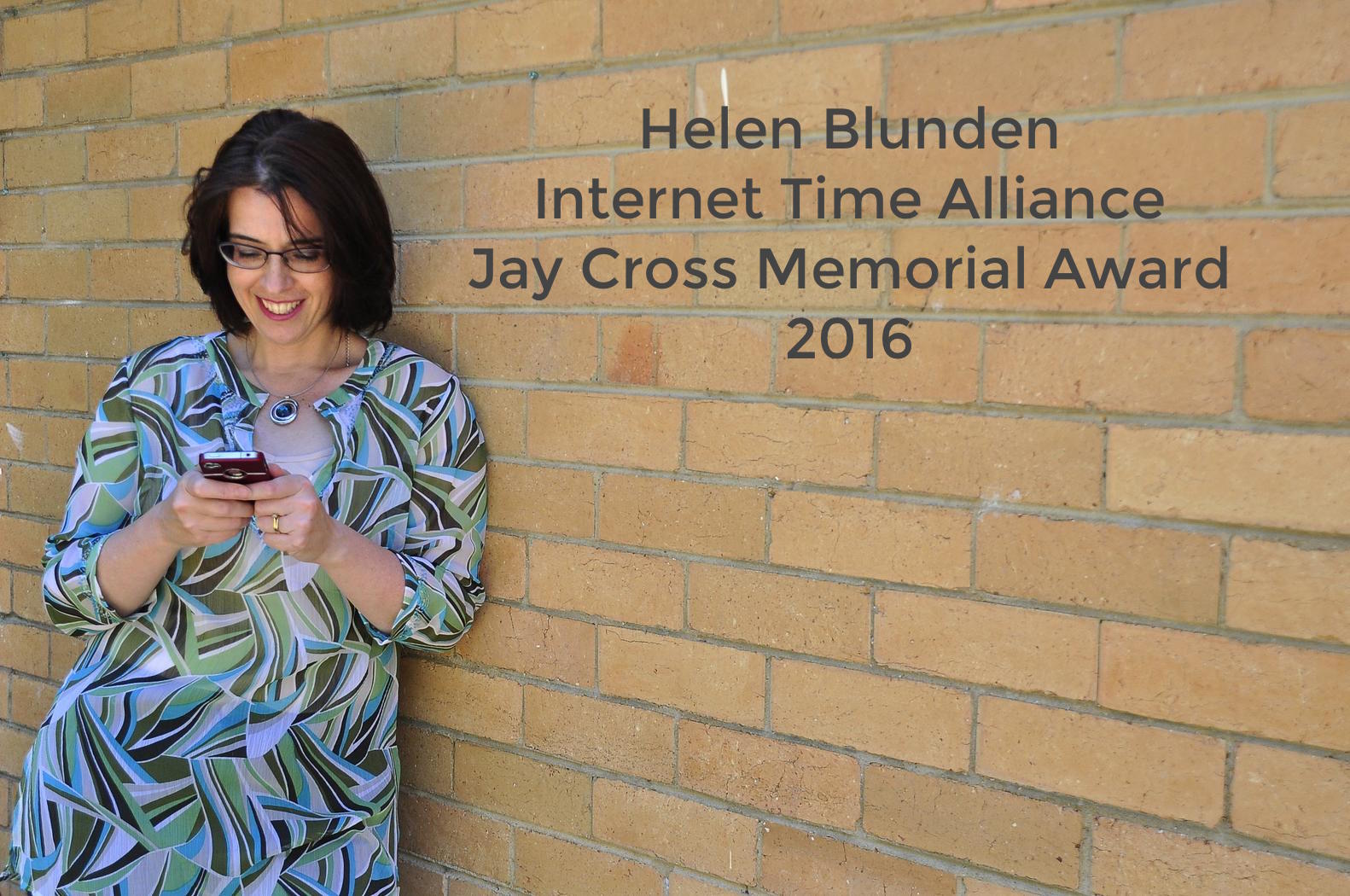It’s a continual bane of a consultant’s existence that there are people who want to ‘pick your brain’. It’s really asking for free consulting, and as such, it’s insulting. If you google the phrase, you’ll see how many people have indicated their problems with this! However, there are quite legitimate ways to pick my brain and I thought I’d mention a couple. In both cases, I think were great engagements on both sides, high value for a reasonable investment.
Both in this case were for folks who develop content. In one case a not-for-profit, the other in the higher-ed space. One had heard me speak about learning design, and one had heard about a workshop I’d given, but both contacted me. It is clear they realized that there’s value to them for having a scrutable learning design.
Content Review
So for the first one, they wanted some feedback on their design, and we arranged that I’d investigate a representative sample and provide feedback. I went through systematically, taking notes, and compiled my observations into a report I sent them. This didn’t take any investment in travel, but of course this feedback only points out what’s wrong, and doesn’t really provide mechanisms to improve.
I think they were surprised at the outcome, as the feedback was fairly robust. They had a good design, largely, under the constraints, but there were some systematic design problems. There were also some places where they’d managed to have some errors that had passed editorial (and this was only a small sample of a replicated model across a broad curriculum). To be fair, some of my complaints came from situations that were appropriate given some aspect of their context that I hadn’t known, but there were still a set of specific improvements I could recommend:
“We found his comments insightful, and we look forward to implementing his expert suggestions to further improve of our product…“
Learning Design Workshop
In this case, they’d heard about a workshop that I’d run on behalf of a client, and were interested in getting a similar experience. They had been designing content and had a great ability to track the results of their design and tweak, but really wanted a grounding in the underlying learning science. I did review some sample content, but I also traveled to their site for a day and presented learning science details and workshopped the implications to their design process.
I went through details such as:
- the importance and format for objectives,
- SME limitations and tips how to work with them,
- what makes effective practice,
- the role and characteristics of concepts,
- the details behind examples,
- introduction and the role of emotions in the learning experience,
- and more.
We went through examples of their content, and workshopped how they could adjust their design processes in pragmatic ways to instill the important details into their approach. We also talked about ways to followup to not lose the momentum, but it was clear that this first visit was viewed favorable:
“…a walking encyclopedia of learning science… was able to respond to our inquiries with one well-researched perspective after another”.
 So, there are ways to pick my brain that provide high value with mutual benefit on each side. Sure, you can read my blog or books, but sometimes you may want assistance in contextualizing it to your situation. I encourage you to think of making an investment in quality. These are about learning design, but I have some examples in strategy that I intend to share soon. And more. Stay tuned for more ‘adventures in consulting’ tales that talk about ways in which a variety of needs are met. Maybe one will resonate with you. Of course, they’ll be mixed in with the regular reflections you’ve come to expect.
So, there are ways to pick my brain that provide high value with mutual benefit on each side. Sure, you can read my blog or books, but sometimes you may want assistance in contextualizing it to your situation. I encourage you to think of making an investment in quality. These are about learning design, but I have some examples in strategy that I intend to share soon. And more. Stay tuned for more ‘adventures in consulting’ tales that talk about ways in which a variety of needs are met. Maybe one will resonate with you. Of course, they’ll be mixed in with the regular reflections you’ve come to expect.



